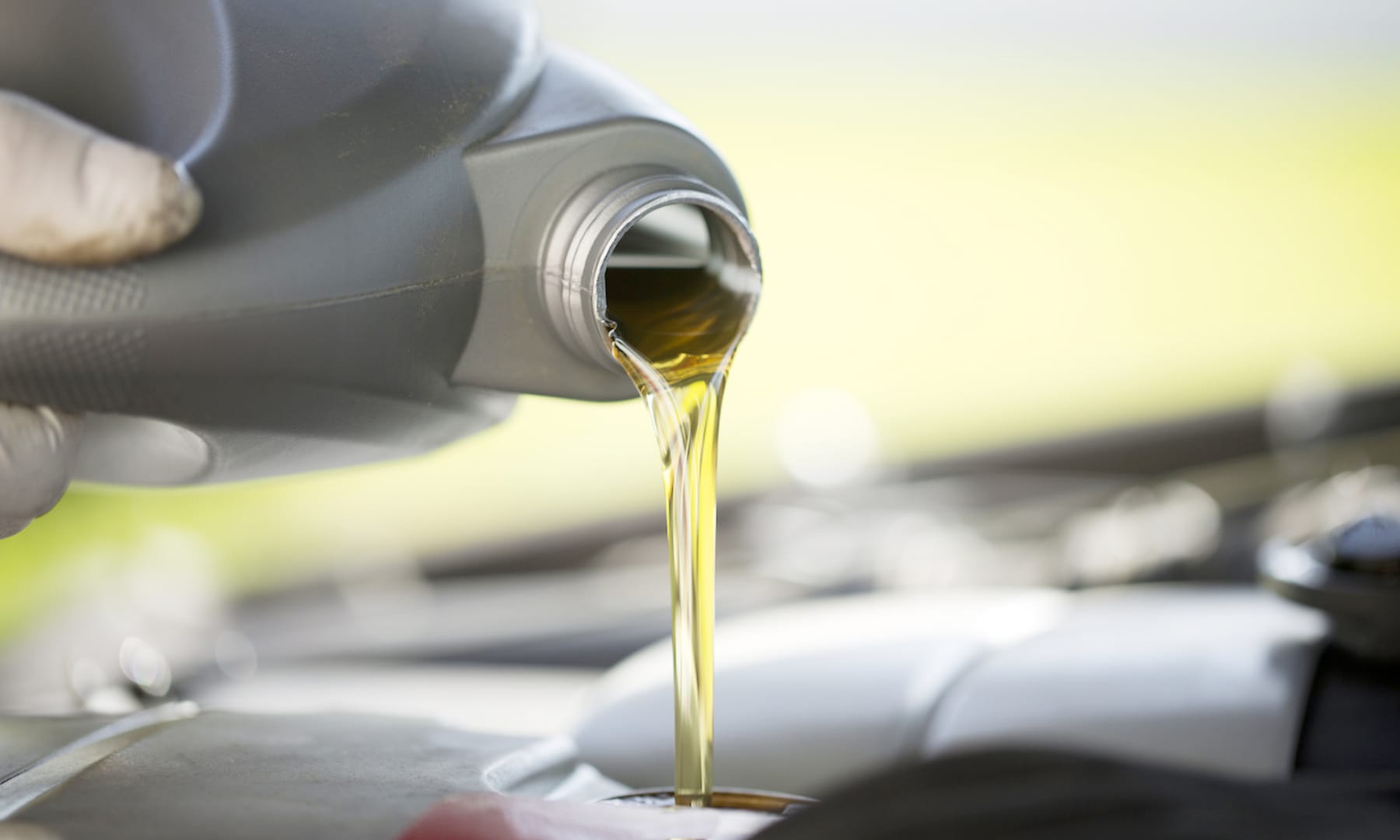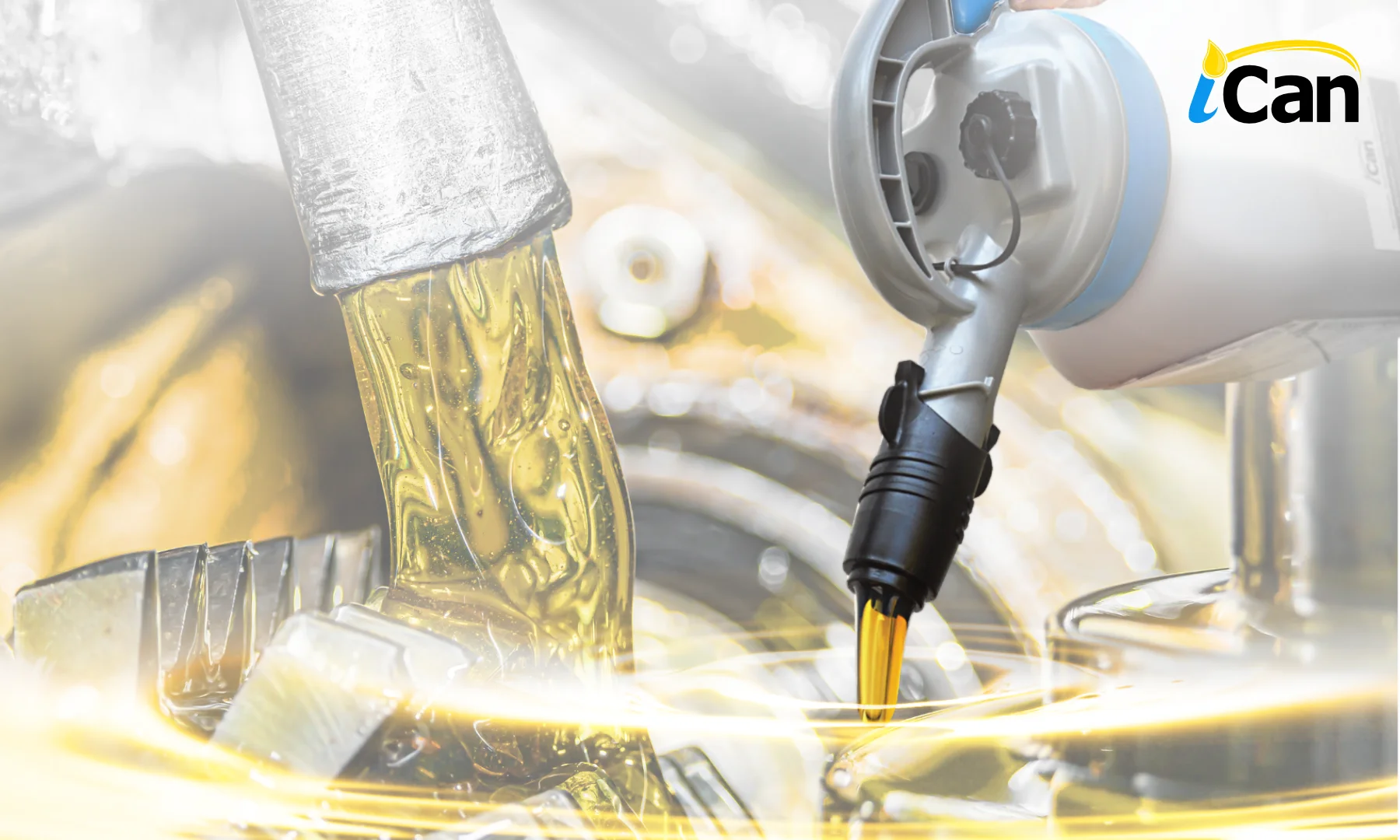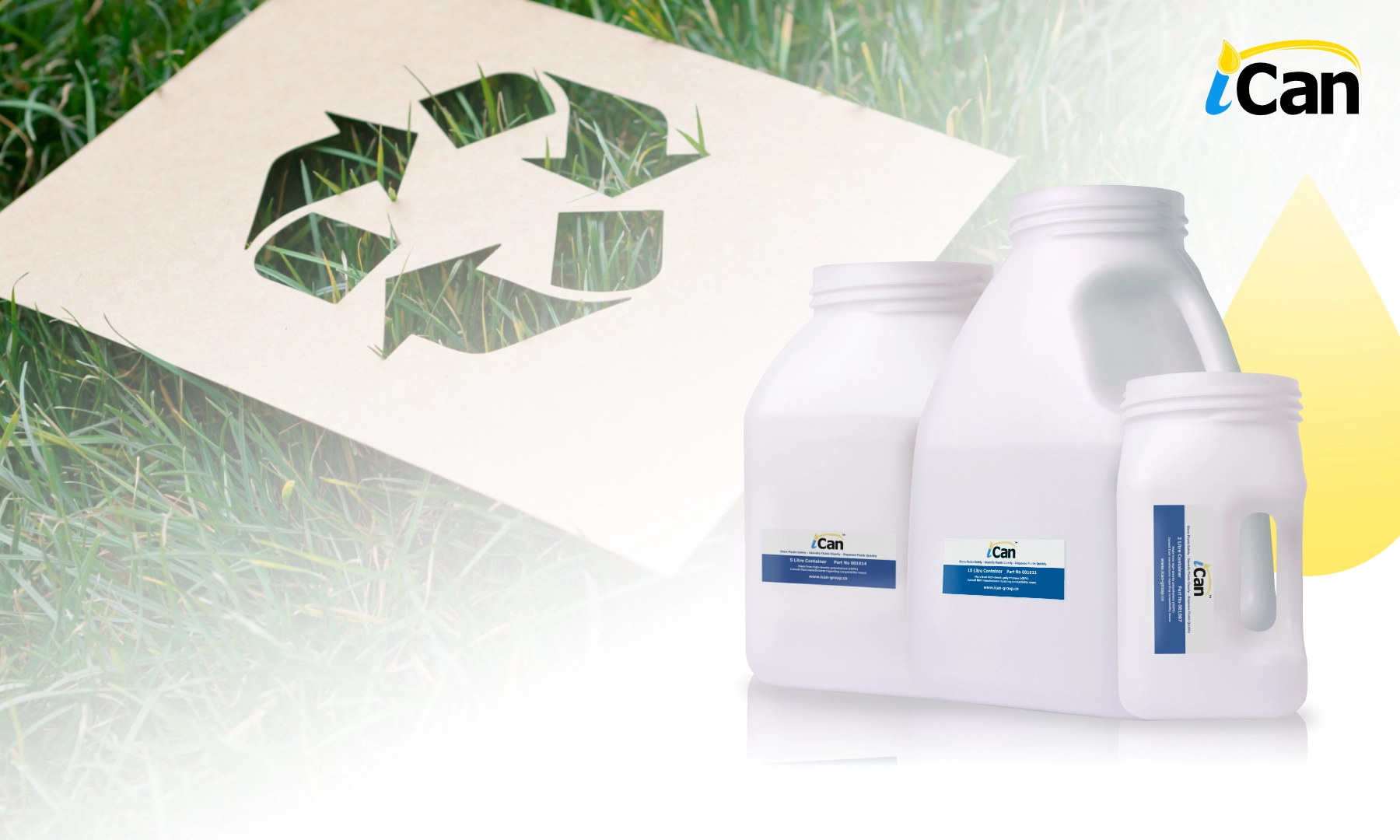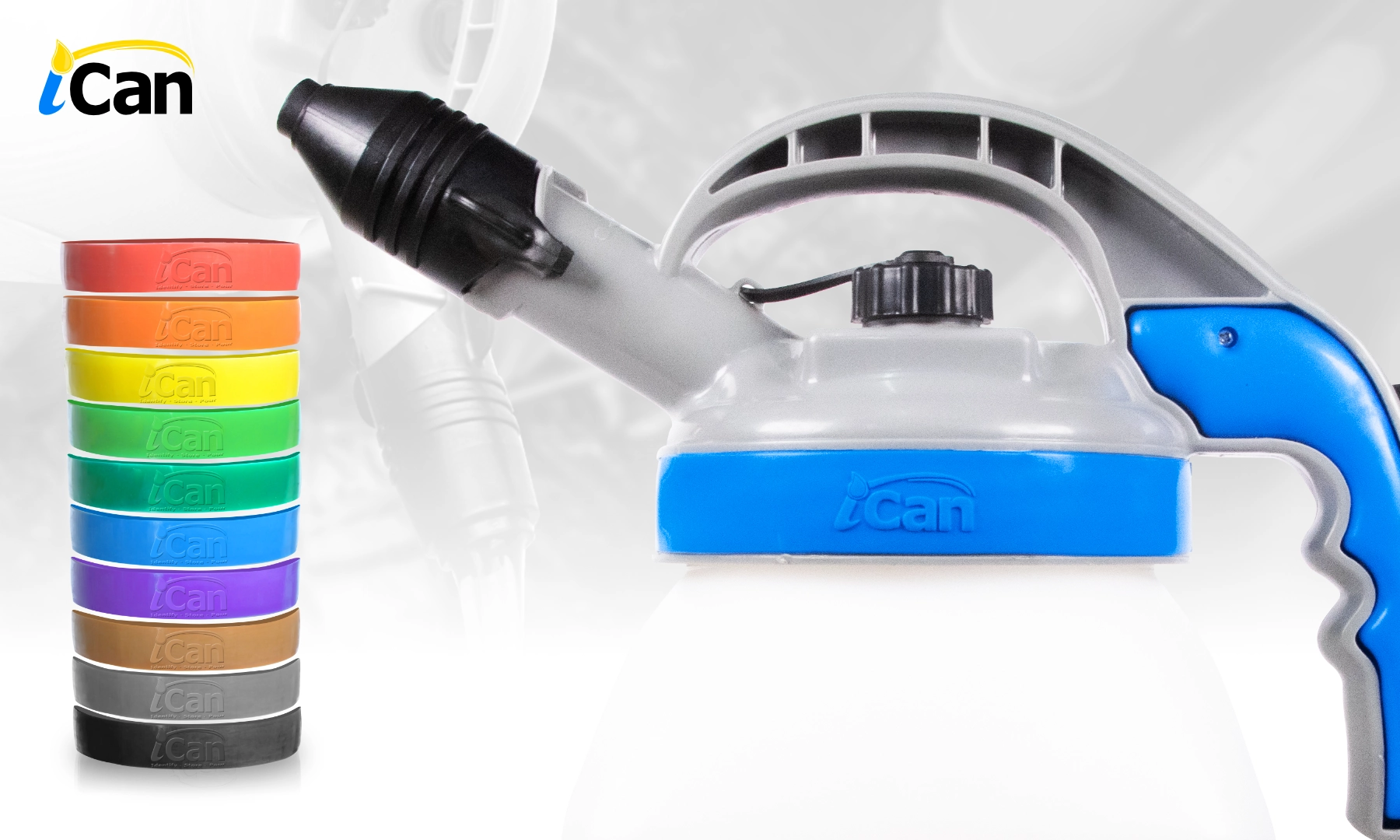The time from using the machine depends on many things, one of which is use lubricants. Lubrication is the lifeblood of any engine. Using the right lubricant can maintain a longer engine life, it is because wrong fluids lead to increased friction between the moving parts of the engine, which causes sped up wear and tear. Also, using the wrong viscosity of engine oil can lead to an enormous drop in the machine’s performance. Therefore is really important to know how to choose the best engine oil.
1. Recognize your machine
Before you choose your lubricant, get to know your machine first. Read the instructions from the industrial machine user guide, or ask someone who is more skilled, so that the oil used is under the needs of industrial machines.
2. Attention Viscosity of the lubricant
The price of grease or lubricant is not a reference that the lubricant is suitable for your engine, so what you have to close attention is the specifications of the oil in it and what grade of oil should be used. The viscosity grade determines the thickness of the engine oil. Viscosity grades are primarily recommended according to the expected ambient temperatures. Thin engine oil works well for winters, but an engine oil of a higher grade is recommended for summers.
The illustration below from SAE can be used as a general reference for viscosity selection based on ambient temperatures.
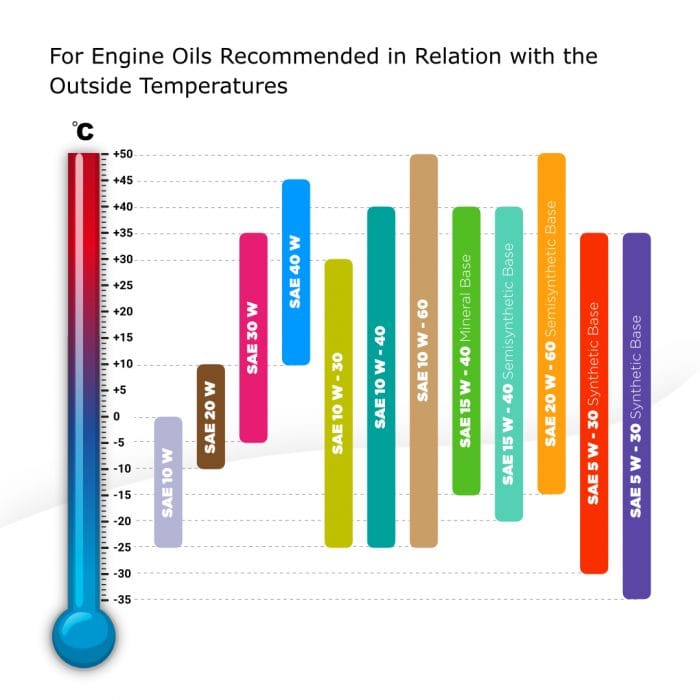
3. API specification
Another important consideration when choosing an engine oil is the quality certification or performance level that determined by the American Petroleum Institute (API).
Not only attention to SAE, but we must attention to API (American Petroleum Institute) specification which until now has become the world’s reference for knowing the quality of engine lubricants. Here are some types of lubricants for industrial needs:
– Hydraulic Oil (hydraulic lubricant based on synthetic mineral oil and water glycol).
– Compressor Oil (mineral and synthetic based air compressor lubricants).
– Industrial Gear Oil (mineral based and synthetic gear lubricants).
– Automotive Gear Oil (gear lubricants for vehicles based on mineral and synthetic oils)
– Diesel Engine Oil (diesel engine lubricants based on mineral and synthetic oils).
– Gasoline Engine Oil (gasoline engine lubricants based on mineral and synthetic oils).
– High Temperature Grease (Grease for high-temperature applications).
– EP Grease (Grease for high shock load conditions/Extreme Pressure).
– Multi Purpose Grease
– Chassis Grease
4. Know the quality of lubricant
To find out the quality of grease/lubricant, it can be seen in the letters of the alphabet listed on the packaging. Regarding the quality of grease, the letters A-L are used. With the lowest quality on the letter A and the highest on the letter L.
Don’t choose the wrong type of oil, for the engine you use is always healthy and durable!

